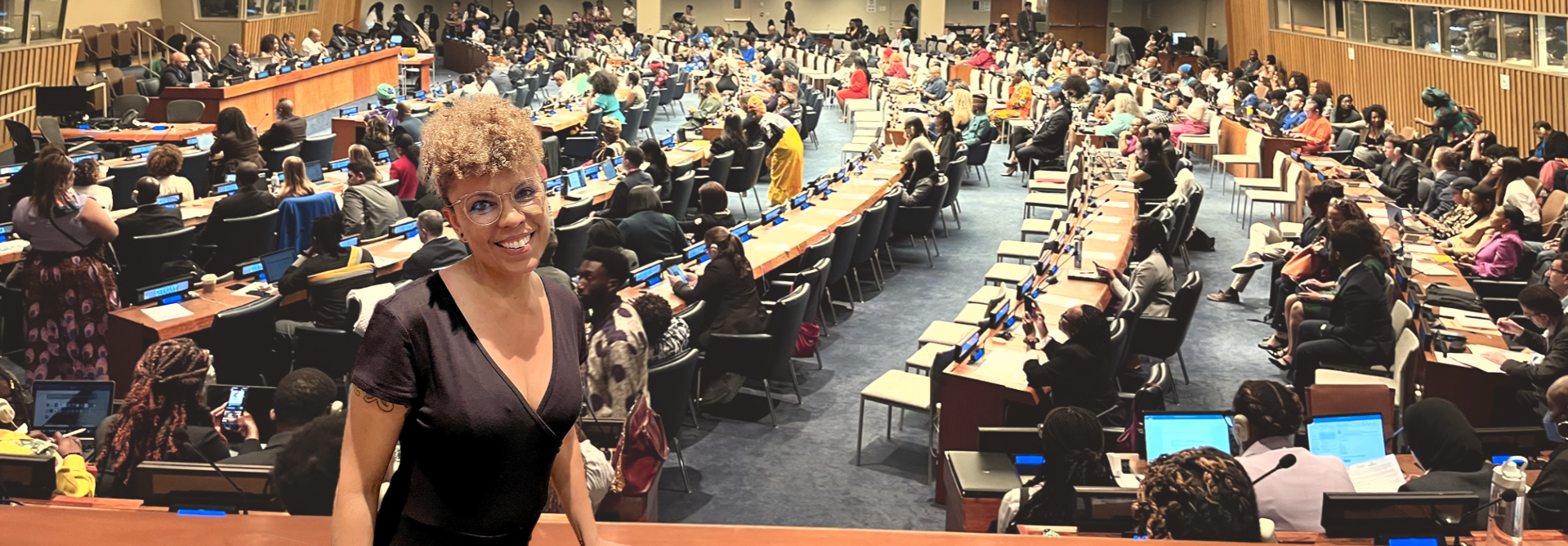
Dr. Leonora Souza Paula, Assistant professor in the Department of English and the Global Studies in the Arts and Humanities Program, was invited to participate in the most recent meeting of the UN Permanent Forum on People of African Descent in New York. One of the missions of the Forum is to advise the UN Human Rights Council on global reparatory justice for African diasporic peoples.This advocacy work as well as the academic trajectory of Dr. Paula allowed her to organize, and lead a meeting with the Minister of Racial Equality of Brazil that was successful in building a partnership.
The invitation recognizes Leonora as one of the leaders of the Kilomba Collective, founded in 2019 as the first collective of Black Brazilian Women in the United States. Brazil is home to the largest African diaspora population in the world, and according to its mission statement, the Kilomba Collective is dedicated to “centering the perspectives and realities of Black Brazilian people….by developing advocacy, capacity building, and international solidarity on issues around social justice, gender equality, and human rights.” Supporting a multigenerational network of Black Brazilian women to foreground their experiences globally, the Collective draws attention to “the inadmissible scenes of erasure” that constitutes anti-Black racism across multiple borders.
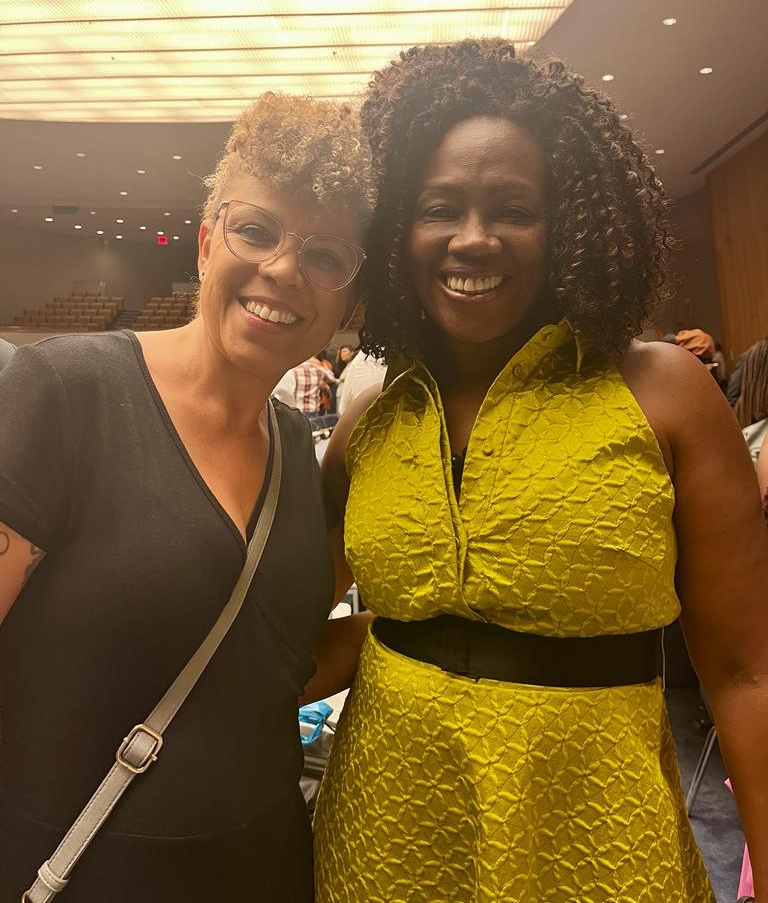
Black Brazilian organizations represented the largest civil society delegation at the forum, and Kilomba earned recognition as an important partner. During the Forum preparations, Dr. Paula introduced the Kilomba Collective and its mission to the Ministry of Racial Equality of Brazil in a virtual public hearing. Impressed by their work, the Ministry invited Leonora and other Kilomba leaders to an in-person meeting with the Minister of Racial Equality, Anielle Franco, in which Kilomba advocated for the rights of Black Brazilian immigrants, as well as for direct support from the Brazilian State. The encounter, which took place at the Consulate General of Brazil in New York, was an unprecedented meeting between a state representative of Brazil in the United States and the organized community of Black Brazilian immigrants.
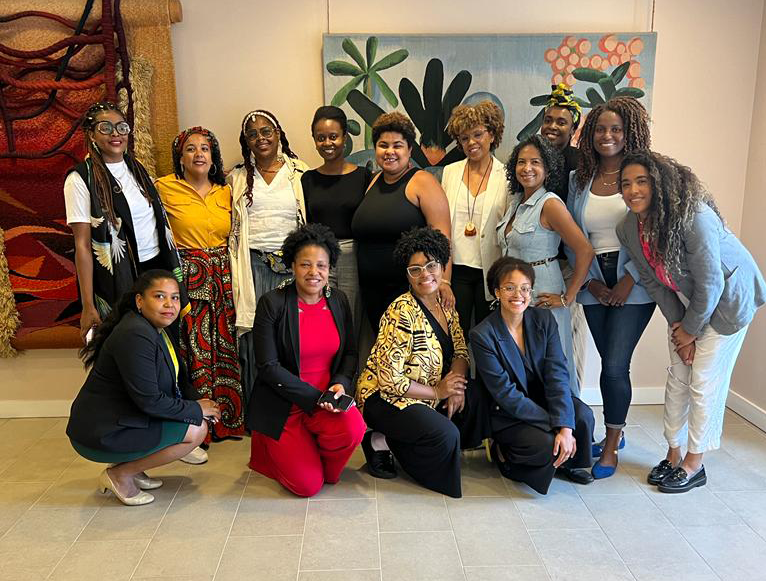
During this meeting, Kilomba advocated for the Brazilian government to launch a number of new initiatives through the embassy and consulates. Leonora explained that Kilomba members' experiences as Black Brazilian women immigrants to the United States “deeply resonated with Minister Franco, because she had experience living as Black Brazilian international student in the United States.”
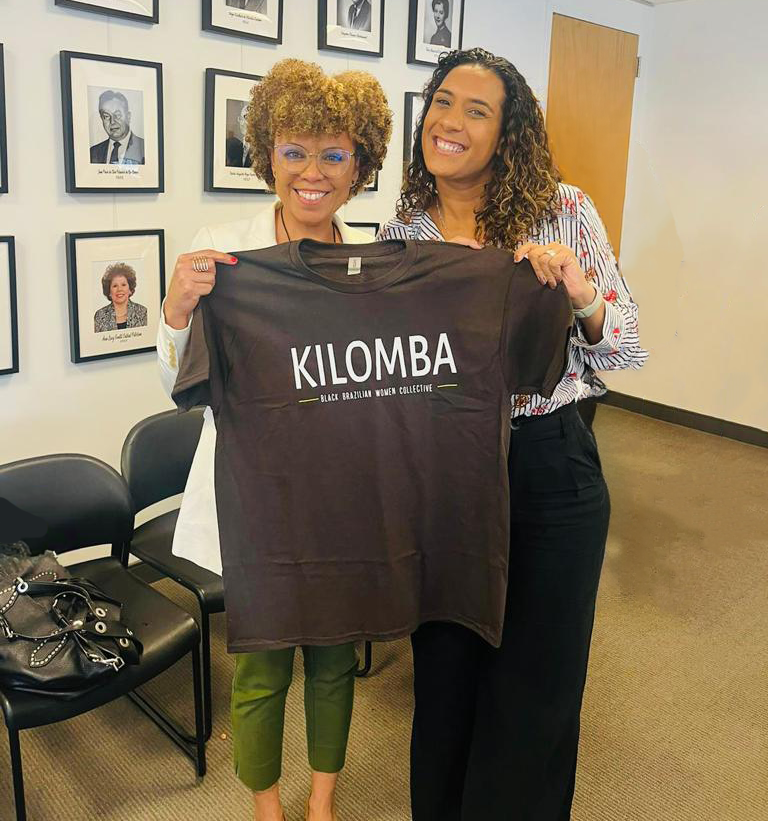
As a result of the meeting with Minister Franco, the Consul General of Brazil agreed to hold regular advisory meetings with Kilomba; provide financial and operational support for a Kilomba-led annual symposium, "Brazilian Black Consciousness Abroad"; co-create a calendar of cultural events featuring Afro-Brazilian artists; and implement Diversity, Equity, Inclusion, and Justice training for all consular staff. Following the success of this new partnership with the Brazilian Consulate, the Kilomba Collective has also been invited to an in person private meeting with the Brazilian Minister of Culture, Margareth Menezes.
Dr. Paula has been actively involved in advocacy on a range of social issues since she was a student, including supporting social movements and opposing the privatization of public education. As an undergraduate student, she joined social movements in the 1st Forum das Americas in Belo Horizonte and the National March to Brasilia of the Movement of People without Land (MST). She also notes that her later work in São Paulo as a communications advocate for adequate housing taught her that, “to build effective and lasting public support for the communities, it is fundamental to elevate the public reach of their stories and knowledge, making tangible the connection between people and place.” As a doctoral student at UC San Diego, she co-founded the Brazil Initiative, fostering collaboration between academia, private foundations, businesses, and state agencies. While completing her PhD, Dr. Paula also won a fellowship from the Human Rights Center of the University of California Berkeley for training in rights-based advocacy and research. At MSU, Dr. Paula co-founded the Sister Circle Mentoring Program, an initiative that supports the holistic development of women of color undergraduates. This initiative supports students’ academic, social, and professional needs by fostering peer relationships, mentorships, and community building. Leonora has also provided intellectual leadership for collaborative programming with CLACS (Center for Latin American and Caribbean Studies) on racial equity issues across the African diaspora to foster critical comparative reflection about the experiences of African Americans and Afro-Latin Americans through research, teaching, and co-curricular events.
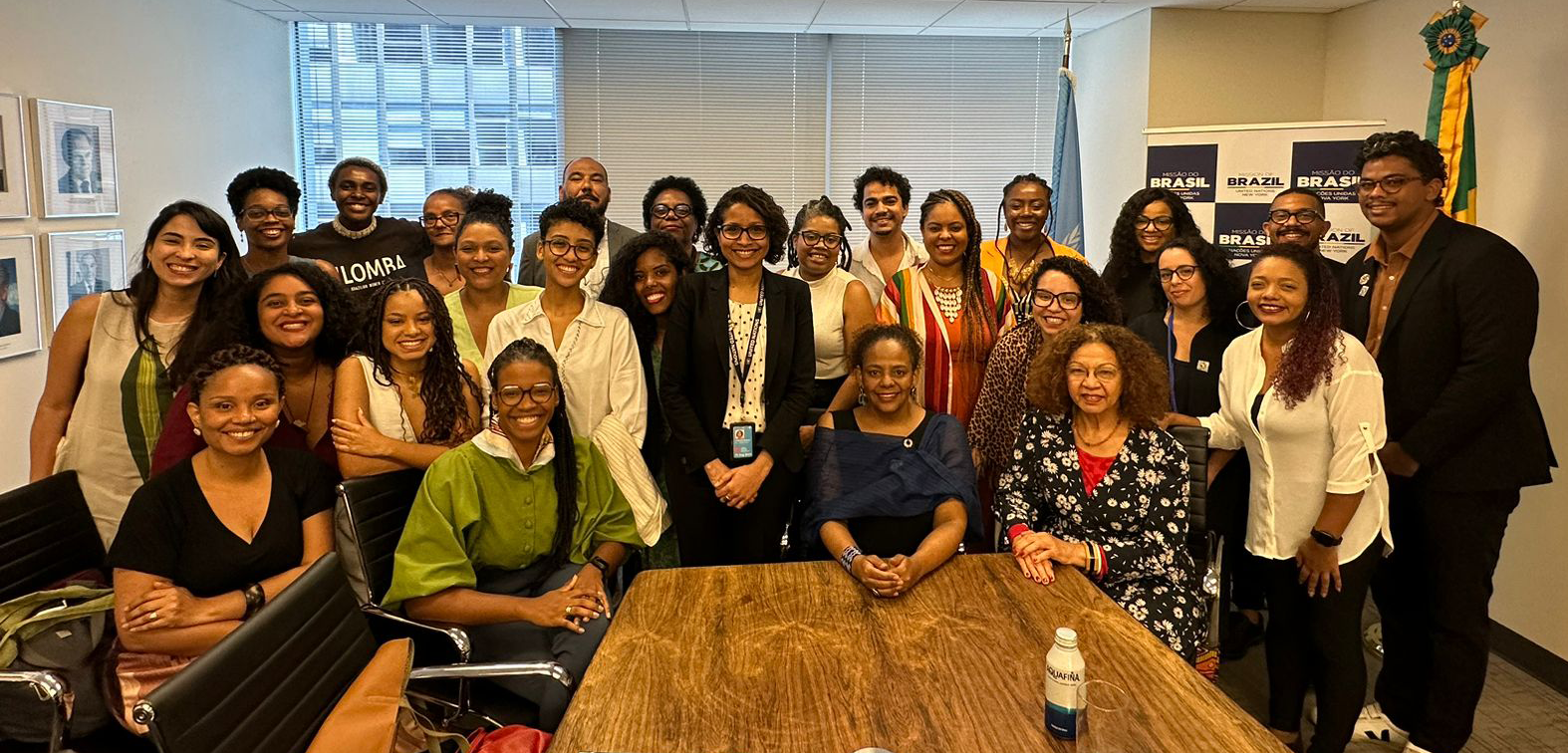
Leonora explains that her public engagement work is deeply connected to her academic research. “I joined Kilomba not only because of my background in community organizing, but also because my work as a researcher and educator is dedicated to exploring possibilities for equality and justice. It is about centering and uplifting the voices of Black Brazilian women and cultural producers, as well as communities and organizations, not only in Brazilian society but also in the diaspora.” With more than 10 years of experience in higher education, Leonora’s work explores the intersections of race, gender, urban culture, and memory in contemporary Afro-Brazilian and Afro-Diasporic culture. Her current research examines the role of Black spatial imagination in the process of claiming material culture as a form of heritage recovery and epistemic reparation.
As Dr. Paula herself points out, “my work advances the public purposes of higher education with regards to diversifying knowledge production, implementing collaborative research and action, and reimagining impact. This commitment to build connections across local and global contexts through collaborative partnerships that are innovative and transformative is central to MSU’s land-grant mission.”